Analyses

Will the EU finally stop financing Israel’s genocide in Gaza?
Last Tuesday, the European Commission proposed to partially suspend Israel from its €80bn Horizon science research programme, citing the “severe” humanitarian crisis in Gaza. But this proposal comes late, after years of funding military-linked research with minimal transparency or accountability. As the death toll mounts and Gazans face man-made famine, the EU’s role in bankrolling violence is under scrutiny.

Frontex and deportation charter flights, 2006-2024
Data covering almost two decades of Frontex’s deportation operations shows the expanding role of the agency. We have produced a series of visualisations to show the number of people deported via Frontex-coordinated charter flights, the member states involved, the destination states, and the costs.

EU states failing to uphold immigration data safeguards amidst renewed push for deportations
EU member states are violating laws designed to protect individuals from data abuse by police and immigration authorities, according to an official report. This should be a major cause for concern, given plans to introduce new laws to deport more people and ban them from returning to the EU. However, the report does not even name the countries that are failing to follow the law, posing massive challenges for democratic scrutiny and accountability.

France: How the “war on drugs” is turbo-charging surveillance powers
A French law is set to unleash invasive new police surveillance powers. Fuelled by absurd rhetoric, the government is proposing what has been dubbed “the worst surveillance law in the EU”. Experts warn that it will fail to achieve its aims. However, the broad scope of the law means the powers can be used against migrants, their supporters, and to crack down on dissent. As official reports have made clear, dealing with drug use and trafficking requires long-term, low-tech policies – not high-tech police surveillance powers.
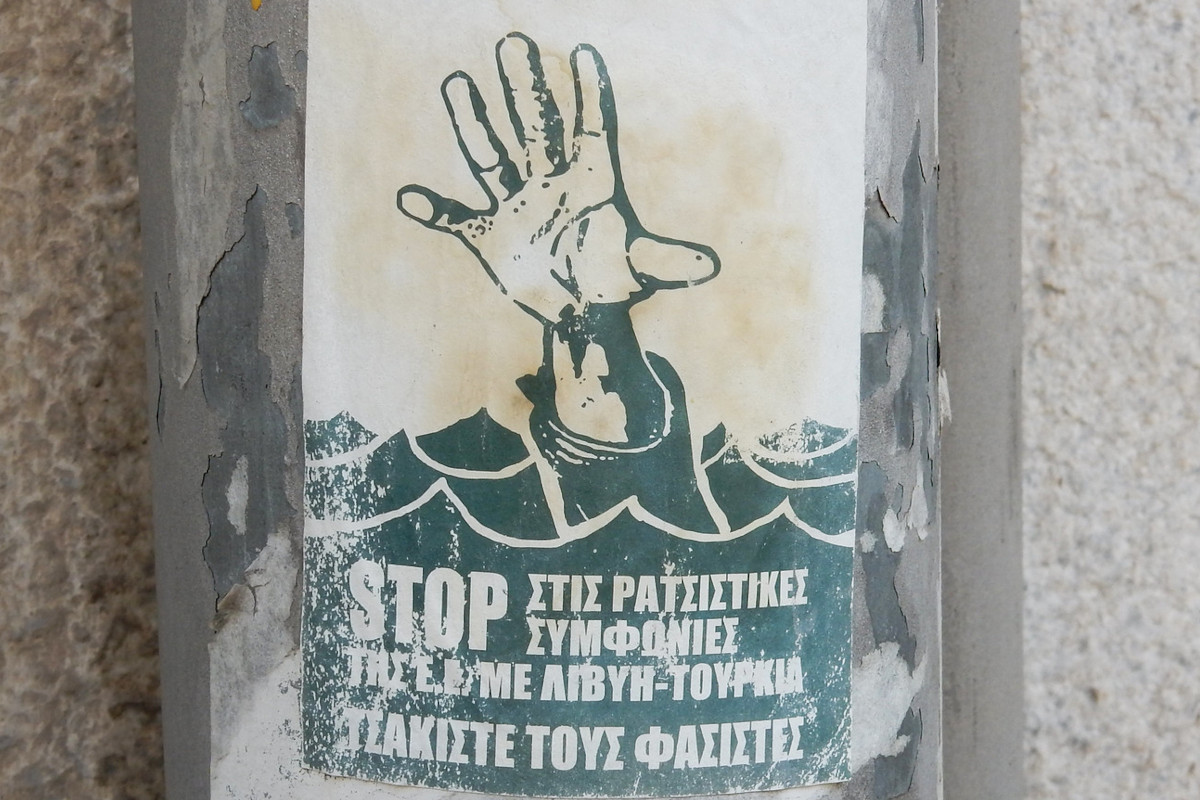
Impunity for war criminals and the European migration strategy in Libya
New leaked documents show that the EU’s “border assistance mission” in Libya is slowly expanding its work and is entering a “consolidation phase”. The efforts to “stabilise” the North African country include increased cooperation with Frontex. Meanwhile, in January, a wanted war criminal was arrested in Italy, only to be released and flown back to Libya on a government jet. This act made Italy and the EU’s reliance on third-state actors to maintain their migration policy clear. Politicians in Europe consider their migration policies so essential that they are willing to undermine the so-called rules-based international order to maintain them.
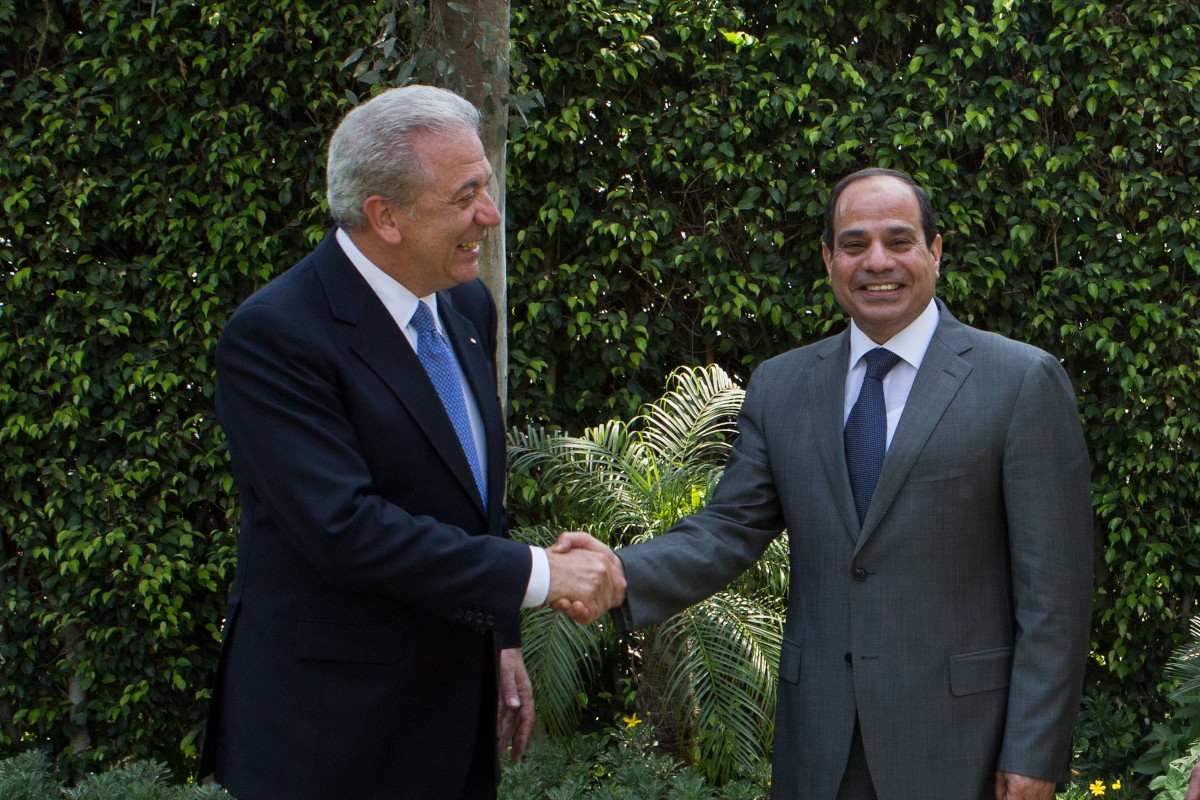
European support for Egypt: billions of euros for a dictatorial “partner” in migration control
A year ago, the EU and Egypt announced the launch of a “strategic and comprehensive partnership.” This comes with a €7.4 billion aid and investment package from the EU to Egypt. This article analyses this development in the context of regional changes, the ineffectiveness of “external solutions” to migration, and the impact of EU-Egyptian cooperation on human rights in Egypt. It argues that European support for Egypt underpins human rights abuses. Those abuses are then ignored or sidelined so that the EU can claim Egypt is a safe and reliable “partner” for managing migration.

Italy: The end of the systematic denial of data protection rights?
Italy has been systematically denying people access to data about them stored in Europe’s largest policing and immigration database, statistics obtained by Statewatch show. Much of the data in question concerns entry bans and deportations orders. Knowing what information is stored is vital for peoples’ livelihoods and even their survival. EU institutions have known for years that mechanisms for the protection of individual rights were lacking. Now, victory in a long legal struggle may force the Italian state to comply with its obligations.
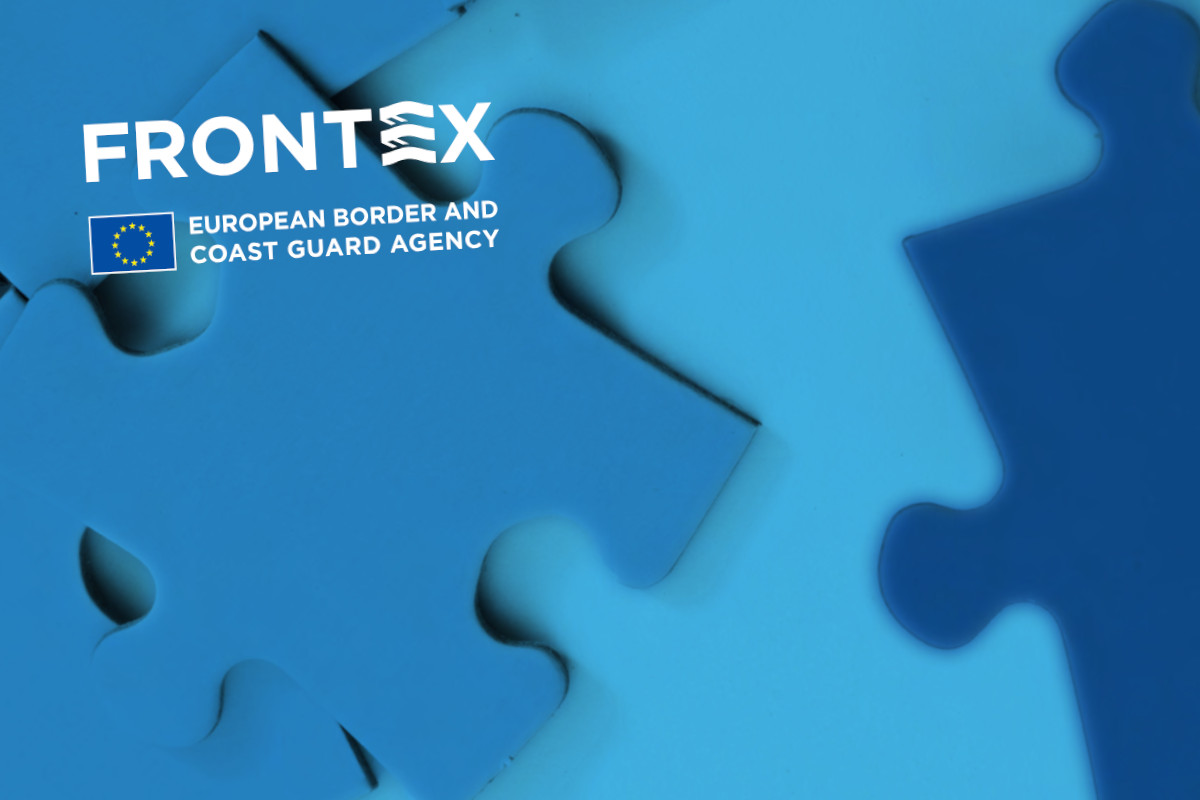
Violence at a distance: Frontex’s increasing role outside the EU
The EU tries to keep ‘unwanted’ people out by outsourcing border control to non-EU states. Frontex, the EU’s border agency, play a key role in a “web of violent deterrence” that is deeply-rooted in Europe’s colonial past. Every year, the agency publishes a report on its work in and with non-EU states. The latest edition demonstrates how its role has expanded, whilst glossing over or ignoring human rights violations.

Serial shipwrecks on the Libyan route: the price of deterrence
In just one week in November, more than 600 people in unseaworthy vessels were intercepted on the high seas and taken back to Libyan shores, where conditions remain appalling. This is the result of cooperation between Italy, Frontex and Libyan bodies that flies in the face of international law.

EU: New migrant smuggling law to ensure criminalisation of solidarity
Next week, a new EU law on the criminalisation of migrant smuggling will be examined by the Justice and Home Affairs (JHA) Council. The Council is due to approve its position for negotiations with the European Parliament. The existing law has been criticised for failing to prevent the criminalisation of migration and acts of solidarity with migrants and refugees. The new text, obtained by Statewatch and published here, appears likely to worsen the situation.
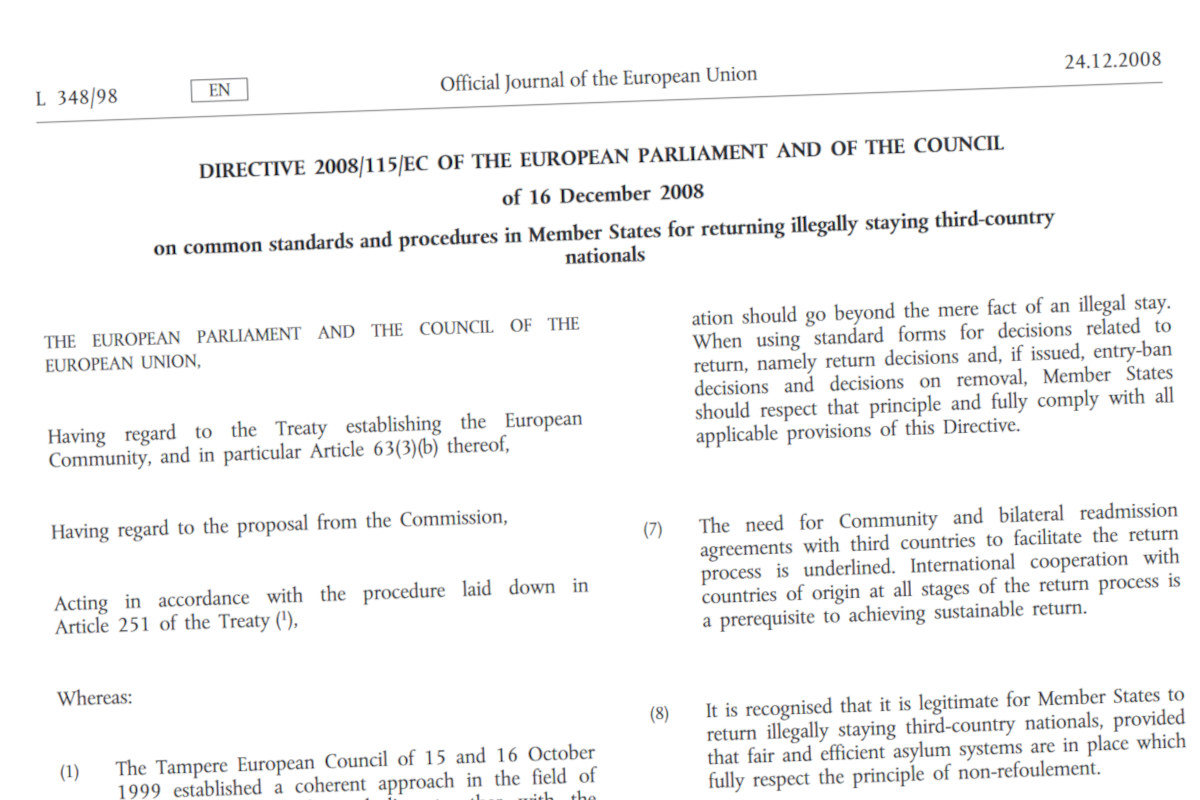
Deportations: when “assertiveness” and “effectiveness” entail violence and abuse
Increasing the number of deportations from the EU is a longstanding policy goal. In 2025 a new deportation law will likely be proposed, replacing the 2008 Returns Directive. Documents published alongside this bulletin offer some insights into what may be included in that proposal. The implications for individuals facing deportation are likely to be damaging: fewer legal safeguards, more obligations and increased coercion, and new ways to remove people to countries deemed unsafe.

Frontex’s increasing role in reintegration policy and its effects in West Africa
The externalisation of European border controls to Africa has received substantial political and critical attention. The same cannot be said of “reintegration” policies, ostensibly designed to support people deported from the EU. Frontex’s role in both deportation and reintegration is increasing. The consequences of this in The Gambia and Nigeria raise questions over national sovereignty, the rights of and support for deportees, and the instrumentalisation of independent organisations.
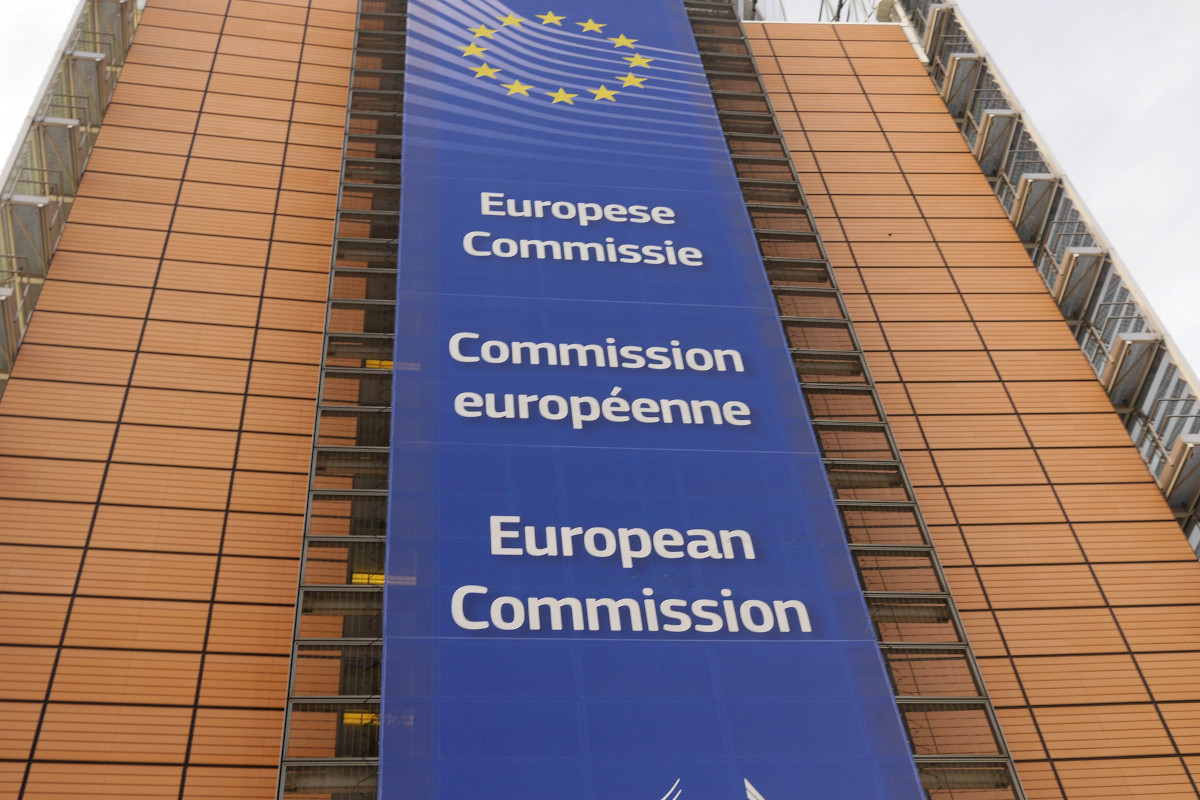
Migration policy priorities of the next European Commission: a jargon-free translation
This week, the proposed new European Commissioners are being interviewed by the European Parliament. Four of the 26 “mission letters” sent to the nominees by Ursula von der Leyen set out responsibilities with regard to migration, asylum and border policy. Couched in typical EU jargon, the texts hide a brutal and violent reality. Aside from the implementation of the Pact on Asylum and Migration, key topics in the coming months and years will include a new deportation law; attempts to set up deportation camps (“return hubs”) in non-EU states; new “partnerships” with non-EU states to try to control migration; and increased police powers.

EU support for violent and authoritarian regimes: no end in sight
Migration across the Central Mediterranean has been a consistent topic in the EU for over a decade. In July, the Council’s Working Party on the External Aspects of Migration discussed a paper drafted by the Hungarian Council Presidency. Focusing on Egypt, Libya and Tunisia, it argues that challenges have “deepened and become more complex in 2023.” This includes dangers at sea and shortcomings in living conditions, infrastructure and humanitarian assistance on land. As is customary, there is little mention of the role played by EU migration policy in generating these “challenges”.

Ignoring the root causes of disaster: the EU and Sudan
In June, the Belgian Presidency of the Council of the EU circulated a paper on Sudan to the Working Party on External Aspects of Asylum and Migration (EMWP). The document offered an overview of the situation of war and displacement in this country, which has been ongoing since April 2023. It omits several issues that are crucial for a meaningful understanding of the situation.
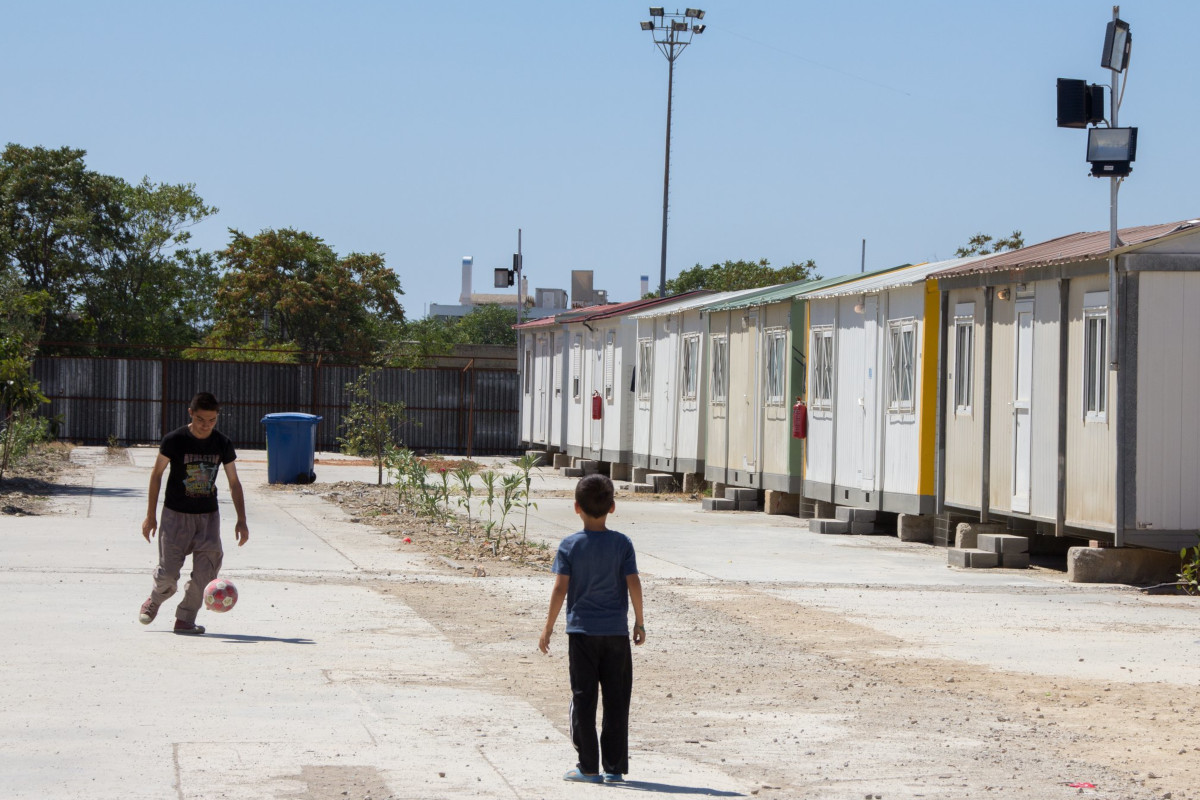
Implementing the Pact: obligation for fundamental rights monitoring
The recently adopted Screening Regulation under the EU Pact on Migration and Asylum sets out several requirements for the establishment and operation of a mechanism for monitoring the fundamental rights of people subject to “screening” procedures at the external borders. Based on a recent Council document on the implementation of article 10 of the Screening Regulation and EU Fundamental Rights Agency guidance, this article provides an overview of what is required and discusses some potential challenges that may arise.

Visa sanctions to increase deportations
Changes to the EU’s rules on visa issuance that came into force in 2020 have made it possible for sanctions to be introduced against states that fail to cooperate with deportations. For example, non-EU states that consistently fail to provide identity documents for their own nationals facing deportation from the EU can have visa fees increased, or the examination of applications slowed down. The tool appears to be popular with EU institutions and member states, and changes are on the way to “improve” its functioning. This analysis examines the mechanism itself, measures proposed or adopted under the mechanism, and recent proposals to develop and reform the system, and considers the way in which the idea of “solidarity” (between EU member states and EU bodies) is used as a weapon against third countries.

A bottomless pit: billions more euros for externalised border controls
In view of the recently concluded mid-term review of the EU’s budget, funding for the externalisation of migration control has been at the top of the political agendas of EU member states and institutions. In the words of the European Commission and the European External Action Service, funding “ensure[s] that the actions undertaken… continue delivering results.” A substantial increase in the EU budget is on the cards, at the same time as a possible shift towards a supposedly new “preventive model” for external migration control.

Automating the fortress: digital technologies and European borders
The fortification of Europe’s borders is inherently linked to the use of digital technologies. Indeed, the process would be unthinkable without them. From the biometric passports and automated gates used at border crossing points to the drones, sensor systems and detection technologies used to prevent and detect unauthorised migrants, digital technologies are crucial to a political project that seeks to give state authorities increased knowledge of – and thus control over – foreign nationals seeking to enter the EU. Vast quantities of public funding have been used to develop and deploy these technologies, and unless there is significant public and political opposition to the project, it is likely that the EU will provide far more money in the years to come. Given the harm caused by the ongoing reinforcement of Fortress Europe, and the myriad more beneficial ways in which those funds could be spent, that opposition is urgently needed.

From Cutro to Pylos: what two shipwrecks reveal about Europe’s deadly migration policies
The anniversary of the shipwreck in Crotone on 26 February was marked by relatives and supporters of at least 94 people who died on the morning of that same day in 2023. They gathered on the beach in Cutro, in the city of Milan, and elsewhere in Italy: the names of the dead were read at public events, and survivors gave their testimonies.Three months later, it will also be the first anniversary of the Pylos shipwreck, in which at least 500 people lost their lives, and similar events will mark that anniversary. [1]
Spotted an error? If you've spotted a problem with this page, just click once to let us know.